Tools for Evaluating Self-Help Programs and Services
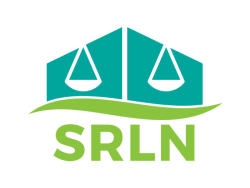
Resource: SRLN Legal Design Bibliography (SRLN 2020)
The attached bibliography provides a comprehensive, but not exhaustive, list of resourcs and materials related to legal design research, thought leadership, and case studies demonstrating it's potential to improve access to justice.
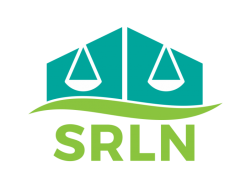
Webinar: SRLN Problem Solving Call - Remote Usability Testing and User Feedback (Mathias Burton 2020)
Mathias Burton, Director of Product Research & Design at Tyler Technologies, presented about Remote Usability Testing and User Feedback on SRLN's Problem Solving Call.
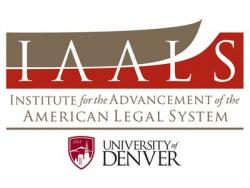
Report: Cases Without Counsel: Experiences of Self-Representation in U.S. Family Court (IAALS 2016)
The following excerpt introduces the report:
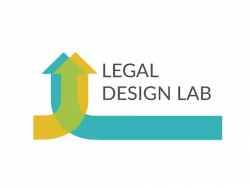
Resource: Law + Design Workbook (Hagen 2017)
The Legal Design Lab's Law + Design Workbook is a guide for running a legal design cycle.
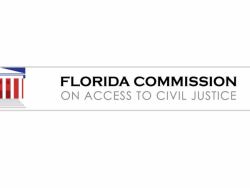
Report: Voices in the Civil Justice System: Learning from Self-Represented Litigants and Their Trusted Intermediaries (Alteneder & Gonzalez 2020)
Executive Summary
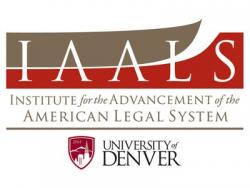
Report: Listen > Learn > Lead: A Guide to Improving Court Services through User-Centered Design (IAALS 2019)
This report was published as part of IAALS's Court Compass project and provides a guide to leveraging design sprints to engage court users. The following is an excerpt from the report:

Tool: CA Self-Help Centers' Self-Assessment Tool for Quality Programs (CA Courts 2018)
The California Self-Help Centers’ Self-Assessment Tool for Quality Programs was developed as a strategic and tactical planning template to promote quality Self-Help Center Programs across California.
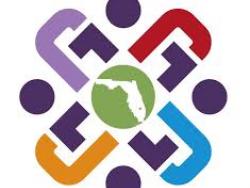
Report: Measuring Online Legal Resources: A Framework Inspired by the Drake Equation (Florida Justice Technology Center 2018)
This report and companion webinar offer

News: Orange County, CA and the State of Texas Conduct User Experience Research and Learn that SRLs in Civil Cases Can E-File (Texas & California 2016)
What are we learning about self-represented litigants who e-file? Who are they? Where are they? What cases do they file? How do the tools work for them?
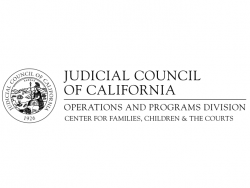
Tool: Tools for Evaluation of Court-Based Self-Help Centers (California CFCC 2015)
The Equal Access Unit of the California Judicial Branch Center for Families, Children & the Courts, provides materials for courts, court-based self-help programs, and other nonprofit providers of legal self-help services.